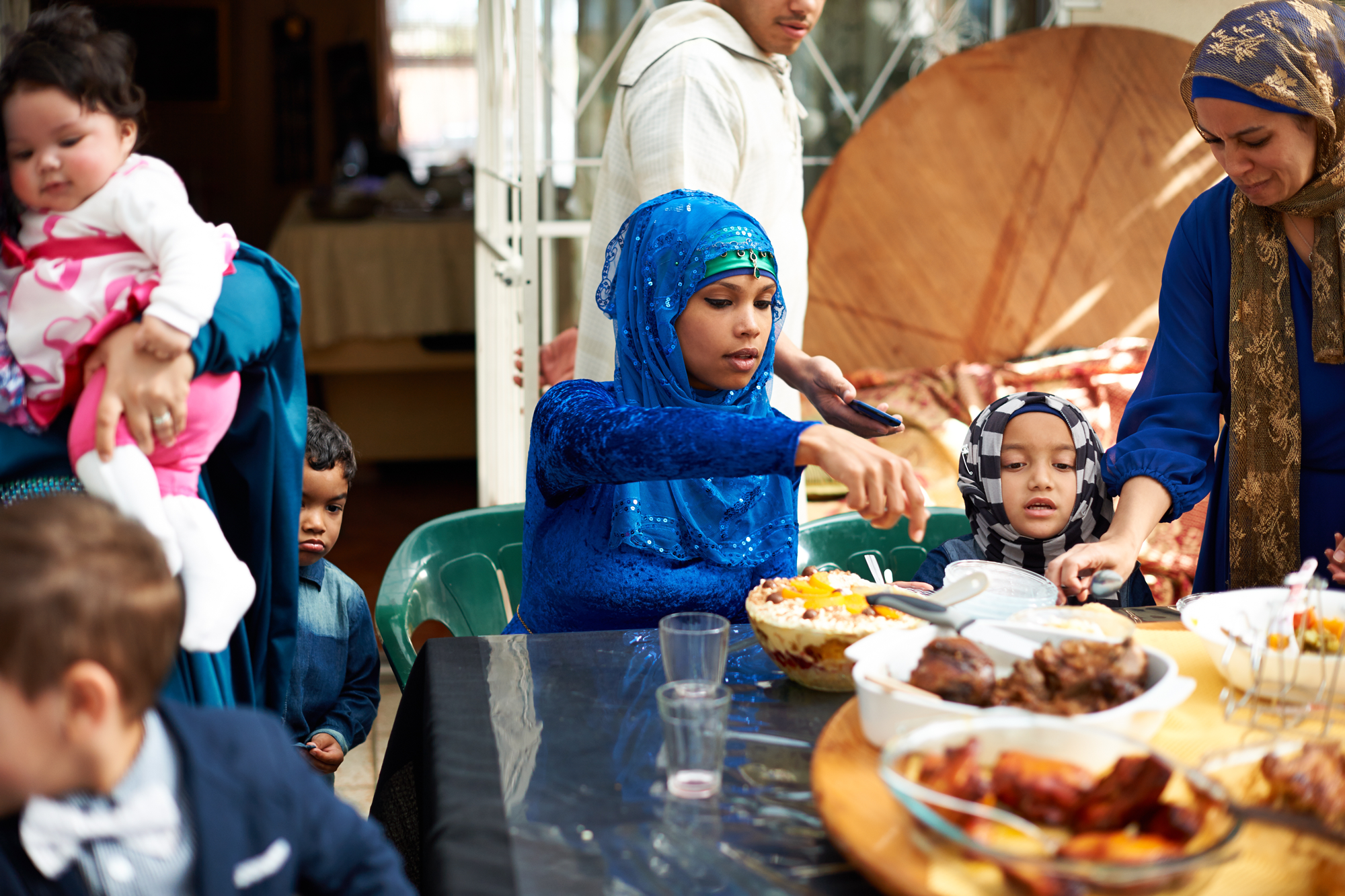How Do People Celebrate the Holiday Season in Non-Christian Countries?
As we traverse the globe, it becomes evident that the holiday season is not confined to one particular set of traditions or religious beliefs.
The holiday season, traditionally synonymous with Christmas celebrations in many parts of the world, holds a special place in the hearts of millions. Yet, beyond the Christian-centric festivities, lies a rich tapestry of cultural and religious celebrations observed in non-Christian countries. These diverse traditions offer a unique insight into the rich cultural heritage and values cherished by communities around the globe.
In countries where Christianity isn't the predominant religion, the holiday season is often marked by a blend of indigenous customs, religious observances, and secular festivities. Let's take a journey around the world to explore how people in non-Christian countries celebrate this joyous time of the year.
Diwali (India)
India, known for its vibrant tapestry of cultures and religions, celebrates Diwali, the festival of lights, with unparalleled zeal and enthusiasm. Observed by Hindus, Sikhs, Jains, and Buddhists, Diwali symbolises the victory of light over darkness and good over evil. Homes are adorned with colorful decorations, intricate rangoli patterns are drawn, and lamps are lit to illuminate the night sky. Fireworks light up the atmosphere as families gather to exchange sweets and gifts, fostering a sense of joy and camaraderie.
Hanukkah (Israel)
In Israel and Jewish communities worldwide, Hanukkah, also known as the Festival of Lights, holds a prominent place during the holiday season. Lasting for eight days, Hanukkah commemorates the rededication of the Holy Temple in Jerusalem. Families gather to light the menorah, adding one candle each night, sing traditional songs, and enjoy festive foods like latkes (potato pancakes) and sufganiyot (jelly-filled doughnuts). The holiday serves as a time for reflection, gratitude, and celebration of Jewish identity and resilience.
Chinese New Year (China and other Asian countries)
Chinese New Year, also known as the Spring Festival, is one of the most significant celebrations in China and various other Asian countries. While not strictly a holiday season in the Western sense, it often coincides with the beginning of the new year in the Gregorian calendar. Families reunite for elaborate feasts, exchange red envelopes filled with money for good luck, and set off fireworks to ward off evil spirits. Streets are adorned with vibrant decorations, lion dances are performed, and temples overflow with worshippers offering prayers for prosperity and good fortune in the coming year.
Eid al-Fitr and Eid al-Adha (Muslim-majority countries)
In Muslim-majority countries and communities worldwide, Eid al-Fitr and Eid al-Adha mark the culmination of Ramadan, the holy month of fasting, and the commemoration of Ibrahim's willingness to sacrifice his son as an act of obedience to God, respectively. Families come together to attend prayers at mosques, exchange gifts, and share meals with loved ones. Traditional dishes such as biryani, kebabs, and baklava grace dining tables, fostering a sense of unity and gratitude within the community.
Songkran (Thailand)
In Thailand, the Songkran festival marks the traditional Thai New Year and is celebrated with water fights, street parties, and religious ceremonies. Symbolising purification and the washing away of sins, people splash water on each other, visit temples to make merit, and pay respect to elders by pouring scented water over their hands. The festival's vibrant energy and joyful spirit attract visitors from around the world, making it a cherished cultural experience.
As we traverse the globe, it becomes evident that the holiday season is not confined to one particular set of traditions or religious beliefs. Instead, it serves as a testament to the rich tapestry of human culture, diversity, and the universal values of love, compassion, and unity that bind us all together. Whether it's Diwali in India, Hanukkah in Israel, or Chinese New Year in China, the essence of the holiday season lies in the shared joy of celebration and the spirit of togetherness that transcends cultural and religious boundaries.






